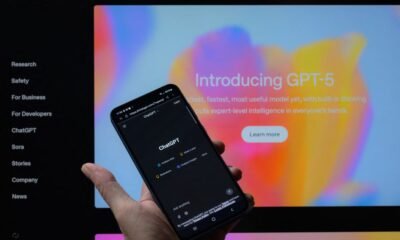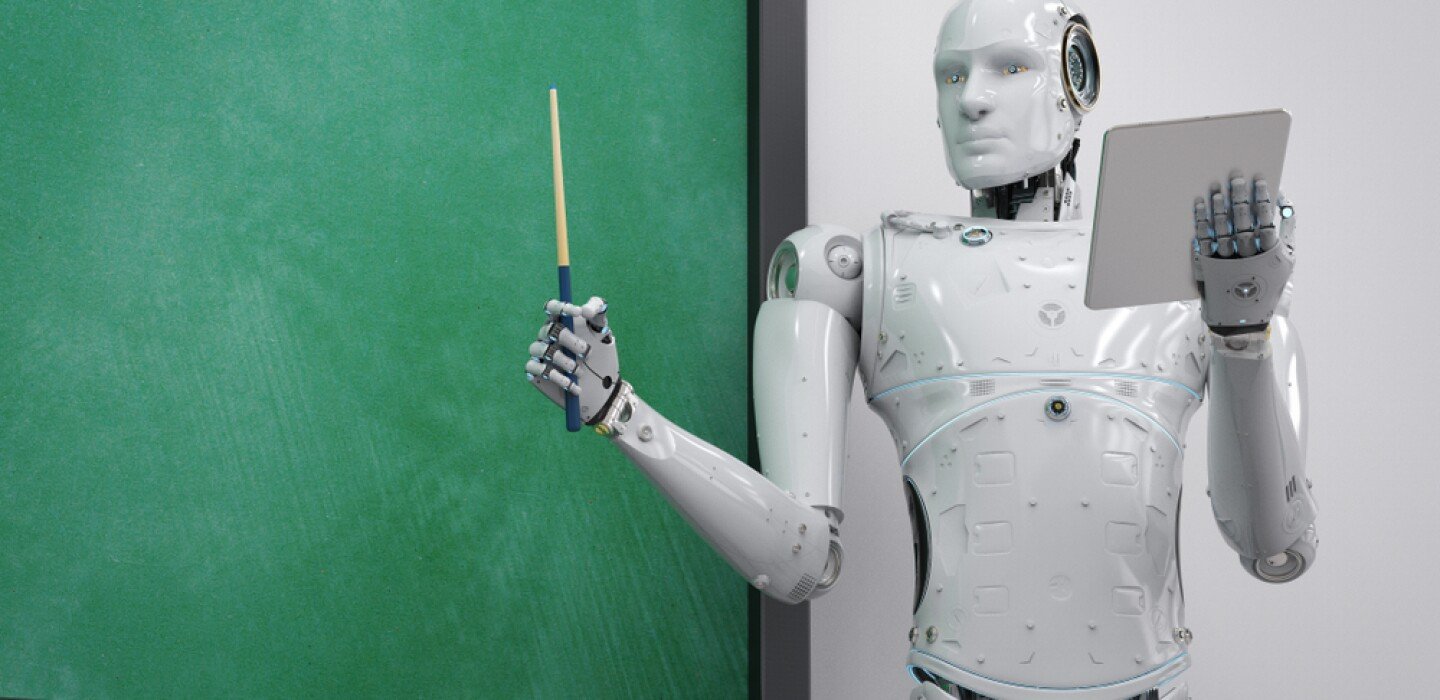AI Insights
Robotics Startup Genesis AI Launches With $105 Million in Funding

AI Insights
General Counsel’s Job Changing as More Companies Adopt AI

The general counsel’s role is evolving to include more conversations around policy and business direction, as more companies deploy artificial intelligence, panelists at a University of California Berkeley conference said Thursday.
“We are not just lawyers anymore. We are driving a lot of the policy conversations, the business conversations, because of the geopolitical issues going on and because of the regulatory, or lack thereof, framework for products and services,” said Lauren Lennon, general counsel at Scale AI, a company that uses data to train AI systems.
Scattered regulation and fraying international alliances are also redefining the general counsel’s job, panelists …
AI Insights
California bill regulating companion chatbots advances to Senate

The California State Assembly approved legislation Tuesday that would place new safeguards on artificial intelligence-powered chatbots to better protect children and other vulnerable users.
Introduced in July by state Sen. Steve Padilla, Senate Bill 243 requires companies that operate chatbots marketed as “companions” to avoid exposing minors to sexual content, regularly remind users that they are speaking to an AI and not a person, as well as disclose that chatbots may not be appropriate for minors.
The bill passed the Assembly with bipartisan support and now heads to California’s Senate for a final vote.
“As we strive for innovation, we cannot forget our responsibility to protect the most vulnerable among us,” Padilla said in statement. “Safety must be at the heart of all developments around this rapidly changing technology. Big Tech has proven time and again, they cannot be trusted to police themselves.”
The push for regulation comes as tragic instances of minors harmed by chatbot interactions have made national headlines. Last year, Adam Raine, a teenager in California, died by suicide after allegedly being encouraged by OpenAI’s chatbot, ChatGPT. In Florida, 14-year-old Sewell Setzer formed an emotional relationship with a chatbot on the platform Character.ai before taking his own life.
A March study by the MIT Media Lab examining the relationship between AI chatbots and loneliness found that higher daily usage correlated with increased loneliness, dependence and “problematic” use, a term that researchers used to characterize addiction to using chatbots. The study revealed that companion chatbots can be more addictive than social media, due to their ability to figure out what users want to hear and provide that feedback.
Setzer’s mother, Megan Garcia, and Raine’s parents have filed separate lawsuits against Character.ai and OpenAI, alleging that the chatbots’ addictive and reward-based features did nothing to intervene when both teens expressed thoughts of self-harm.
The California legislation also mandates companies program AI chatbots to respond to signs of suicidal thoughts or self-harm, including directing users to crisis hotlines, and requires annual reporting on how the bots affect users’ mental health. The bill allows families to pursue legal action against companies that fail to comply.
AI Insights
AI a 'Game Changer' for Assistance, Q&As in NJ Classrooms – GovTech
-

 Business2 weeks ago
Business2 weeks agoThe Guardian view on Trump and the Fed: independence is no substitute for accountability | Editorial
-
Tools & Platforms1 month ago
Building Trust in Military AI Starts with Opening the Black Box – War on the Rocks
-

 Ethics & Policy2 months ago
Ethics & Policy2 months agoSDAIA Supports Saudi Arabia’s Leadership in Shaping Global AI Ethics, Policy, and Research – وكالة الأنباء السعودية
-

 Events & Conferences4 months ago
Events & Conferences4 months agoJourney to 1000 models: Scaling Instagram’s recommendation system
-

 Jobs & Careers2 months ago
Jobs & Careers2 months agoMumbai-based Perplexity Alternative Has 60k+ Users Without Funding
-

 Podcasts & Talks2 months ago
Podcasts & Talks2 months agoHappy 4th of July! 🎆 Made with Veo 3 in Gemini
-

 Education2 months ago
Education2 months agoVEX Robotics launches AI-powered classroom robotics system
-

 Education2 months ago
Education2 months agoMacron says UK and France have duty to tackle illegal migration ‘with humanity, solidarity and firmness’ – UK politics live | Politics
-

 Funding & Business2 months ago
Funding & Business2 months agoKayak and Expedia race to build AI travel agents that turn social posts into itineraries
-

 Podcasts & Talks2 months ago
Podcasts & Talks2 months agoOpenAI 🤝 @teamganassi


















